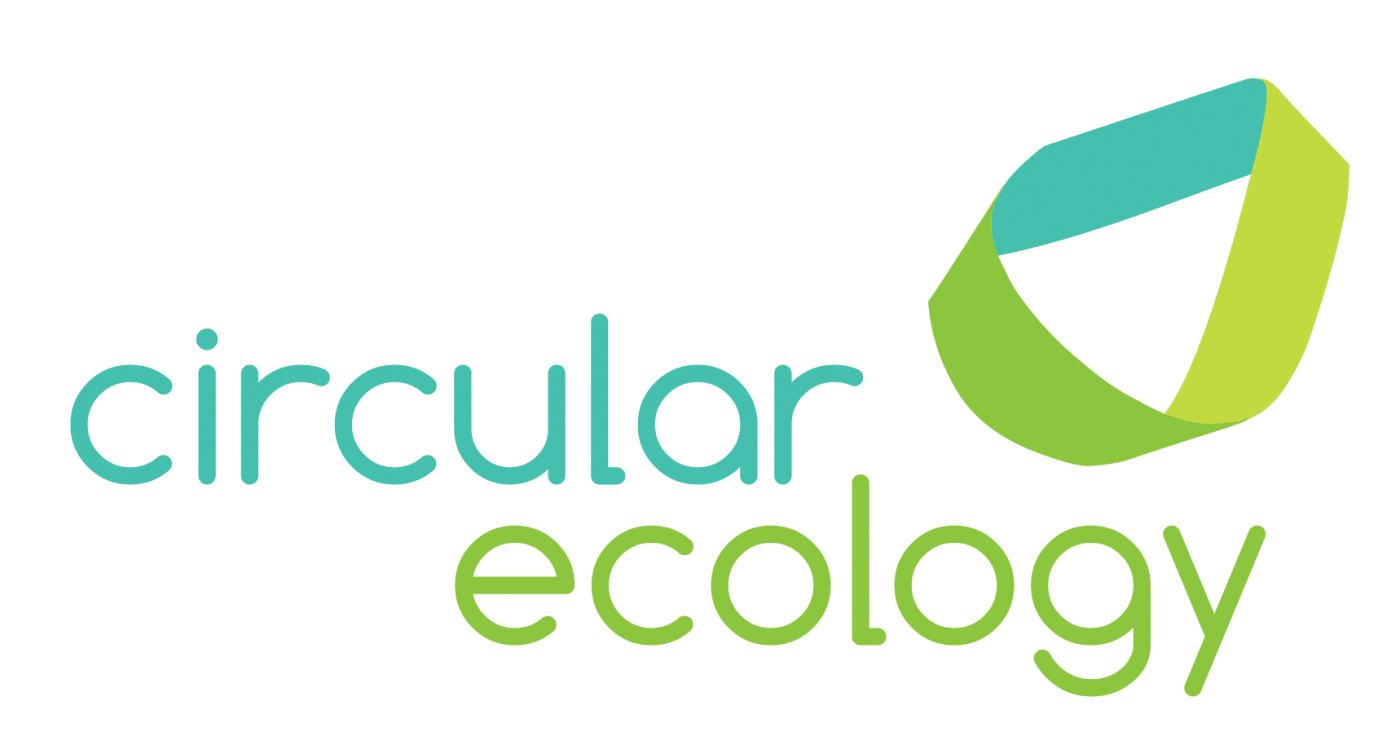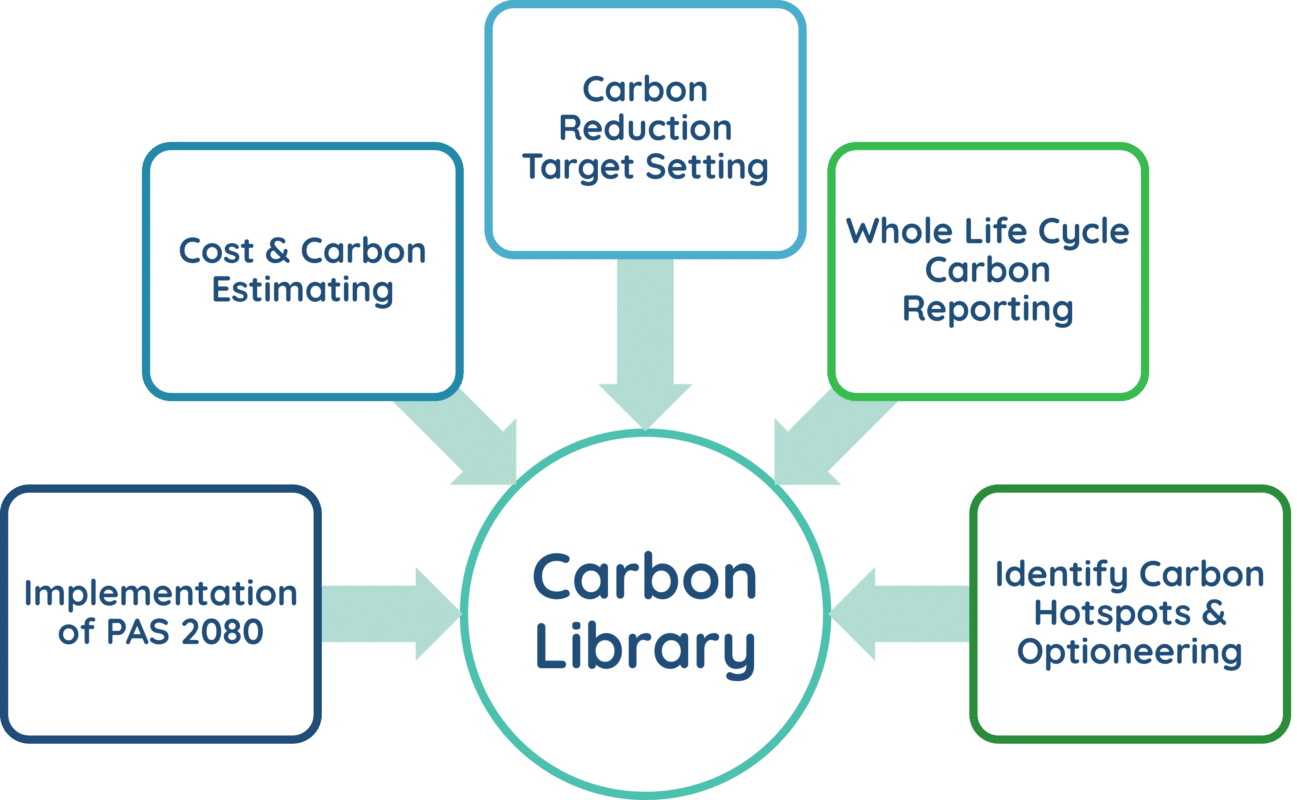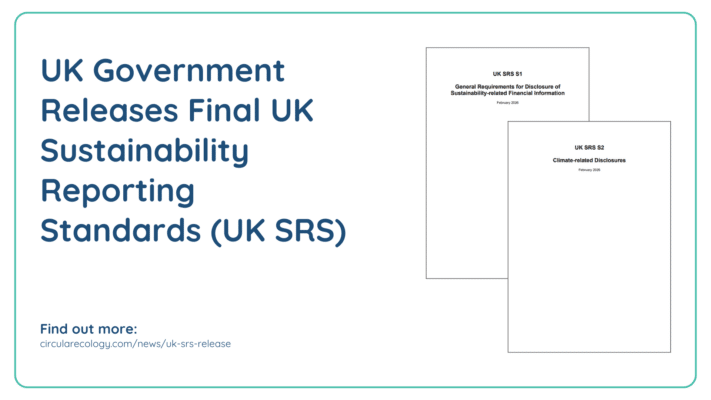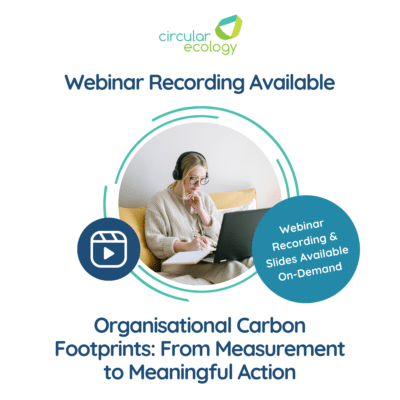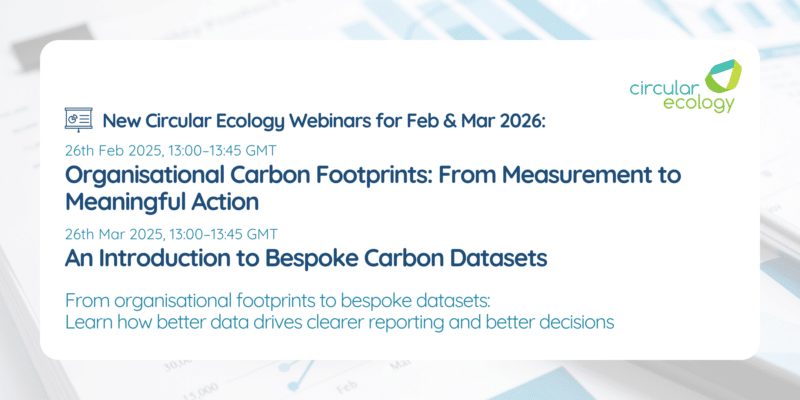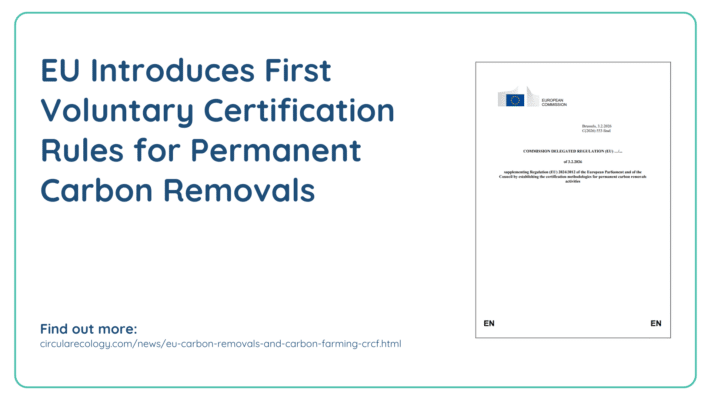Learn more about how we can help develop custom carbon libraries below.
What is a Bespoke Carbon Library?
A bespoke carbon library is a dataset of carbon factors produced specifically for an individual or group of organisations. The dataset provides them with carbon data for a given list of materials, products, components or activities of a standardised unit of measure.
Datasets are developed within specifically agreed system boundaries and often aligned to standards such as PAS 2080 or RICS WLCA (Whole Life Carbon Assessment for the Built Environment).
Carbon libraries can be developed to cover all lifecycle stages, including upfront embodied, operational, in-use and end-of-life carbon. Carbon libraries often contain information from a wide range of primary data sources, combined within a single, easily navigable document.
A bespoke Carbon Library can bridge the gap between freely available generic carbon datasets (such as ICE (Inventory of Carbon and Energy) & BECD) and more specific lifecycle assessments & EPDs.
Carbon Libraries provide reliable and robust carbon data at the appropriate level to meet a client’s requirements. They are easily expanded, updated and adapted. A Carbon Library can be utilised within Cost & Carbon estimating processes to drive carbon reductions and help meet reporting requirements across a range of organisational levels.
